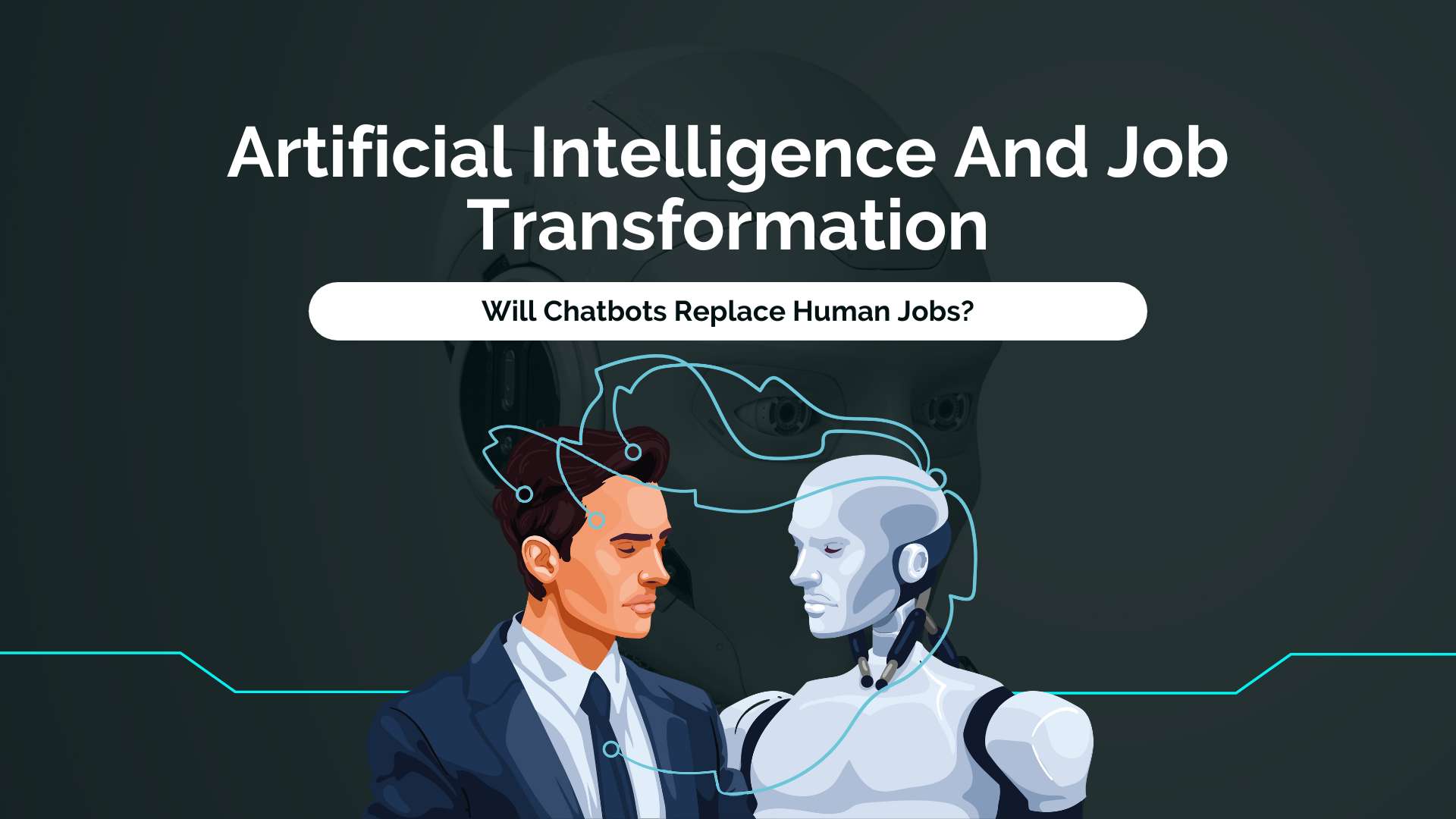Artificial Intelligence, a once-futuristic concept, has swiftly become a present-day reality in the Tech Industry. It’s potentially transforming tech roles like Software Development, Data Science, and Cyber Security, Its ability to learn, reason, and self-correct has enabled machines to undertake tasks previously performed by humans, often with improved efficiency and accuracy.
One intriguing subset of AI garnering much attention is Chatbot Technology. Thanks to advancements in Machine Learning and Deep Learning, its unprecedented advancement has not only redefined customer service in Tech Startups but has also triggered a significant conversation: will these AI professionals replace jobs in the #TechJobs market?
Stay tuned as we unpack the impact of Artificial Intelligence on our jobs and explore ways in which we could coexist in this technological revolution.
Ways Businesses use Chat GPTs:
1. Customer Service: Operating on a 24/7 basis for customer inquiries.
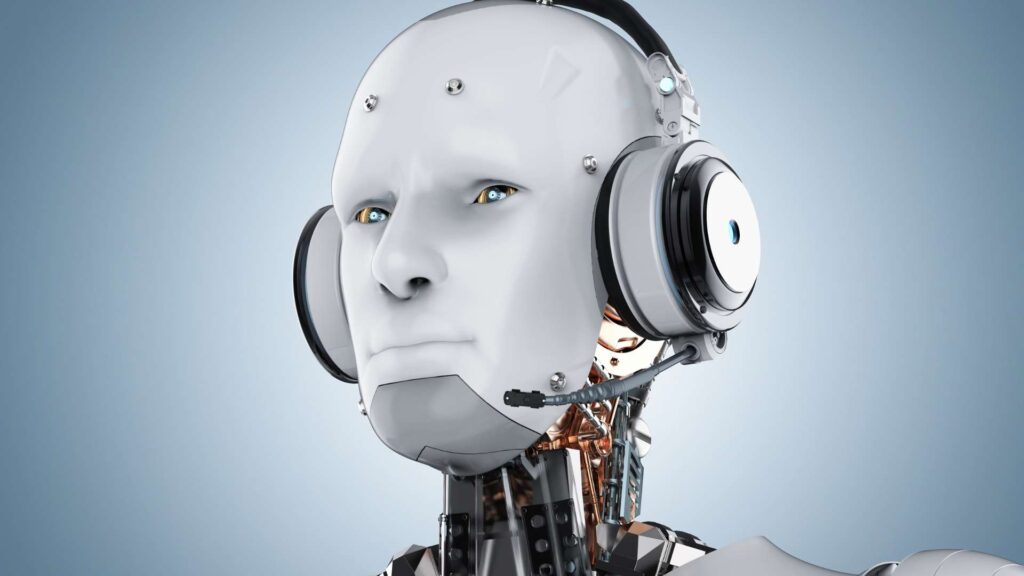
ChatGPT can operate round-the-clock, catering to customer queries instantly. Its performance is further enhanced with Cloud Computing and Internet Of Things (IoT), bridging the gap between businesses using a Full Stack Development approach and their customers.
2. Data Analysis: Quickly analyzing large datasets for patterns.
Aided by machine learning, ChatGPT is capable of quickly assessing large datasets, identifying underlying patterns, and delivering critical business insights. This can help companies make data-driven decisions more efficiently.
3. Personal Assistants: Managing schedules, reminders, and information retrieval.
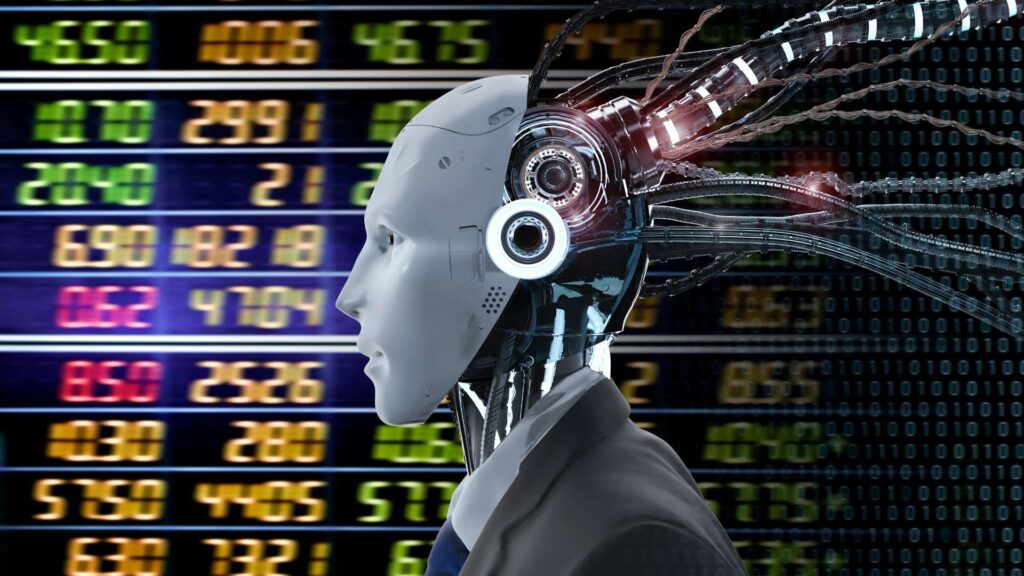
From keeping track of schedules to setting reminders and collating information, ChatGPT can lighten the workload and boost productivity. It can simplify mundane tasks and multitask intelligently, therefore acting as a reliable virtual assistant.
4. E-commerce: Providing personalized shopping assistance.
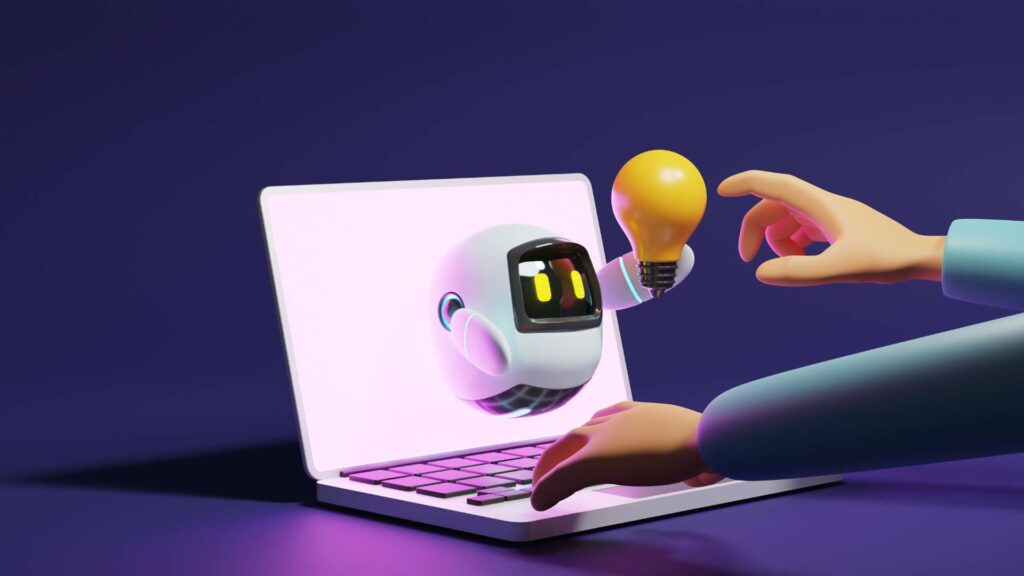
ChatGPT is reshaping the e-commerce industry by providing personalized shopping recommendations based on customers’ shopping history and preferences. It handholds customers throughout their shopping journey, enhancing their overall experience.
5. Marketing & Advertising: Creating personalized ad content based on consumer behavior.
It can generate personalized advertising content by analyzing consumer behavior trends. This can lead to more relatable and effective marketing strategies that resonate well with the target audience.
6. Healthcare: Offering medical advice or connecting patients to healthcare providers.

ChatGPT can provide timely medical advice and redirect patients to suitable healthcare providers based on symptoms. This feature could prove essential in the global effort to make healthcare more accessible.
7. News Reporting: Writing brief news reports based on data.
With the capacity to write concise news reports based on hard data, ChatGPT is enhancing the speed and reactivity of news reporting. Its ability to distill complex news stories into coherent narratives makes it an invaluable tool in journalism.
8. Social Media Management: Responding to messages and comments.
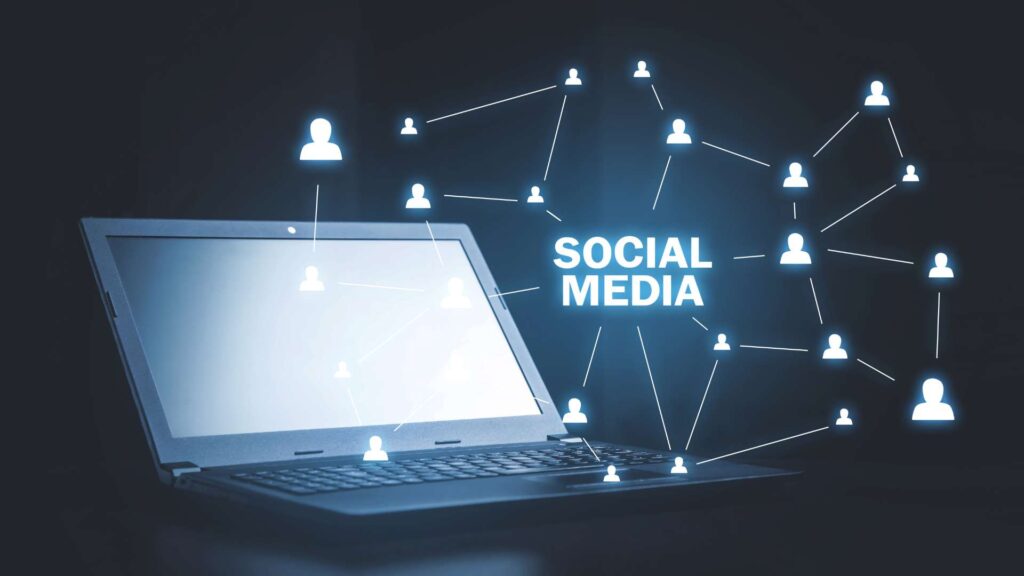
ChatGPT can handle social media tasks such as responding to messages and comments, which aids in maintaining an active and responsive online presence. Its ability to track brand mentions and consumer sentiment also plays a crucial role in reputation management.
9. Content Generation: Crafting articles, blogs, or promotional content.
Be it creating engaging articles, informative blog posts, or promotional content, ChatGPT has demonstrated promising ability as an AI content creator. It helps businesses consistently generate fresh content and keep their audience engaged, which is particularly useful in content-driven sectors.
10. Tutoring: Giving educational instructions or answers to students’ questions.
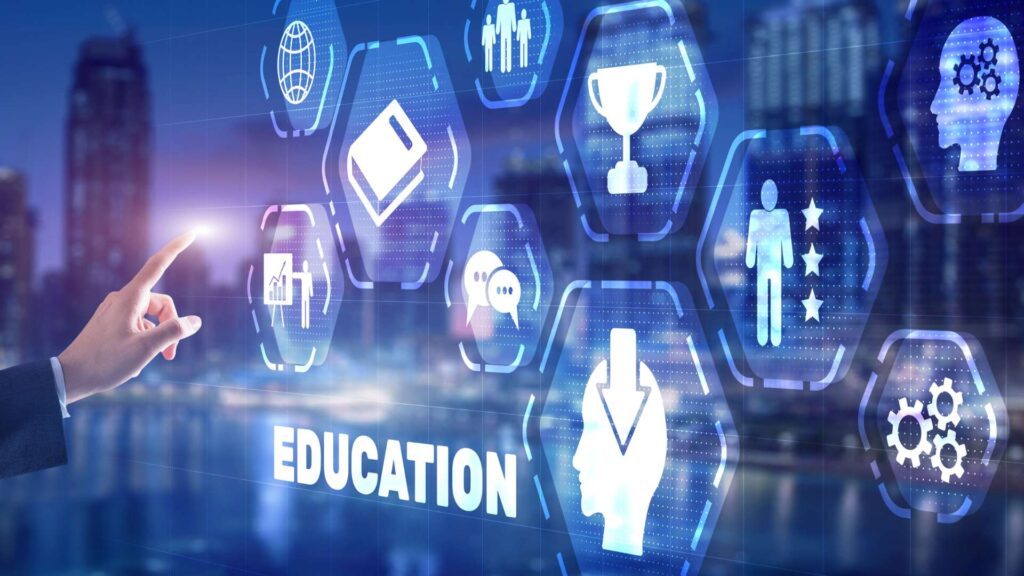
ChatGPT’s capacity extends to the education sector as well. It can provide educational guidance, answer students’ questions, clarify doubts about challenging topics, and foster a more personalized learning experience.
Here’s where humans outperform chatbots:
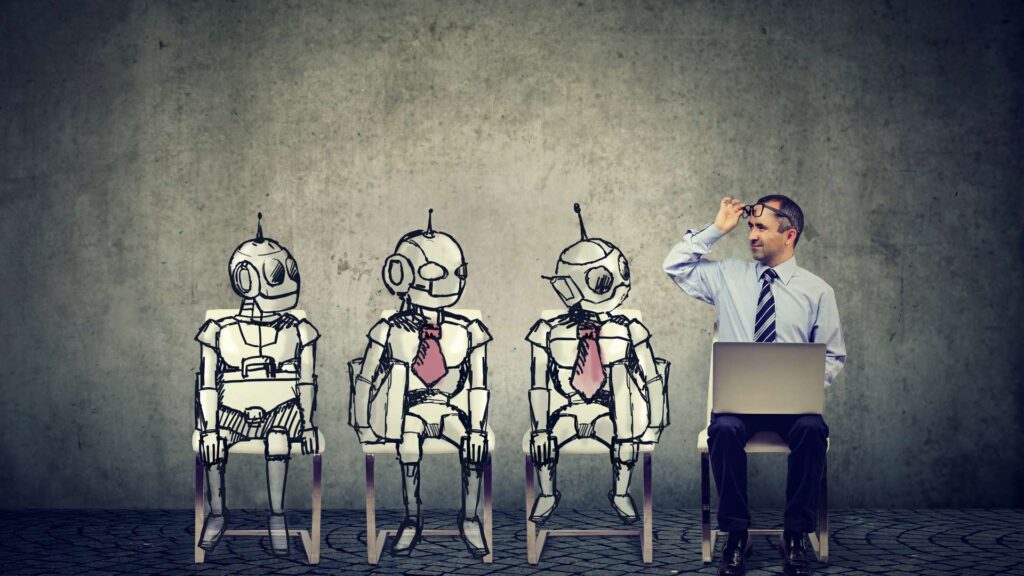
Even though AI and chatbots are making significant advancements, there are still many areas where human judgment, empathy, and creativity are irreplaceable. Chatbots are tools that can enhance human expertise and efficiency, but they can’t replace uniquely human capacities.
- Complex Decision-Making: While chatbots can make simple decisions based on pre-fed algorithms, humans excel at making complex decisions that involve multiple layers of reasoning, abstract thinking, and considerations of ethical, social or emotional aspects.
- Empathetic Customer Service: Empathy remains a uniquely human and crucial trait in customer service. Unlike chatbots, humans can truly understand and relate to the feelings and emotions of customers, provide empathetic responses, and make discretionary decisions that feel more personalized and understanding.
- Ethical Considerations: Ethical decision-making often requires a deep understanding and consideration of moral principles and societal values, something that chatbots currently lack. Humans are able to assess the potential ethical implications of a decision, taking into account factors like fairness, justice, and human rights.
- Creative Tasks: In fields that require creativity and the generation of novel ideas – like content creation, design, art, and innovation – humans have an edge. While AI can generate content based on existing data, true creativity, which involves unconstrained thinking and the ability to envision something entirely new, remains a human forte.
- Certain Professions: Some professions, especially those requiring human touch, emotional connectivity and complex interpersonal interaction, like nursing, psychology, or caregiving, rely heavily on human involvement. In these fields, the emotional support, empathy and human touch are as important, if not more, as the technical skills.
The Chatbot-Human Integration
Chatbots

Strengths:
- Efficiency & Scalability: Chatbots can handle a large volume of interactions simultaneously without any reduction in speed or accuracy. They can provide instant responses, making them particularly useful in a customer service environment.
- 24/7 Availability: Unlike human employees, AI-powered chatbots do not need breaks and can provide continuous service round the clock.
- Data Handling: Chatbots can quickly sort through large volumes of data and provide data-driven insights more efficiently than humans.
Weaknesses:
- Limited Understanding and Creativity: Although advanced chatbots can mimic human conversation impressively, they are ultimately algorithms and lack the ability to fully understand context, creative thought, and human emotions.
- Dependence on Pre-Set Rules: While chatbots can learn from interactions over time, their responses are fundamentally dependent on their programming. They can struggle with complex queries that fall outside their pre-set rules.
Humans

Strengths:
- Complex Decision-Making: Humans can comprehensively analyze situations, consider various factors, make judgements and decisions that require empathy, creativity, intuition, and emotion.
- Emotional Intelligence: Humans have the unique ability to understand and respond to emotions, which is vital in providing empathetic responses, especially in crisis situations or sensitive discussions.
Weaknesses:
- Limited data processing: Humans, unlike computers, are limited in their capacity to process large amounts of data quickly and accurately.
- Prone to Errors & Inconsistency: Humans can make mistakes and their performance can be inconsistent, influenced by factors like fatigue, mood etc.
In the age of Artificial Intelligence, Blockchain, and DevOps, humans still outperform chatbots in areas like complex decision-making. Certain professions, especially Information Technology, rely heavily on human involvement, despite significant advancements in #SoftwareDevelopment and #WebDevelopment.
In the midst of ever-advancing AI, it’s crucial for humans to continue upskilling and learning. This not only helps to leverage these technologies effectively but also to adapt to new roles and responsibilities that such technologies generate. The future lies in the synergy of human creativity and emotional intelligence, complemented by AI efficiency and data capabilities.

